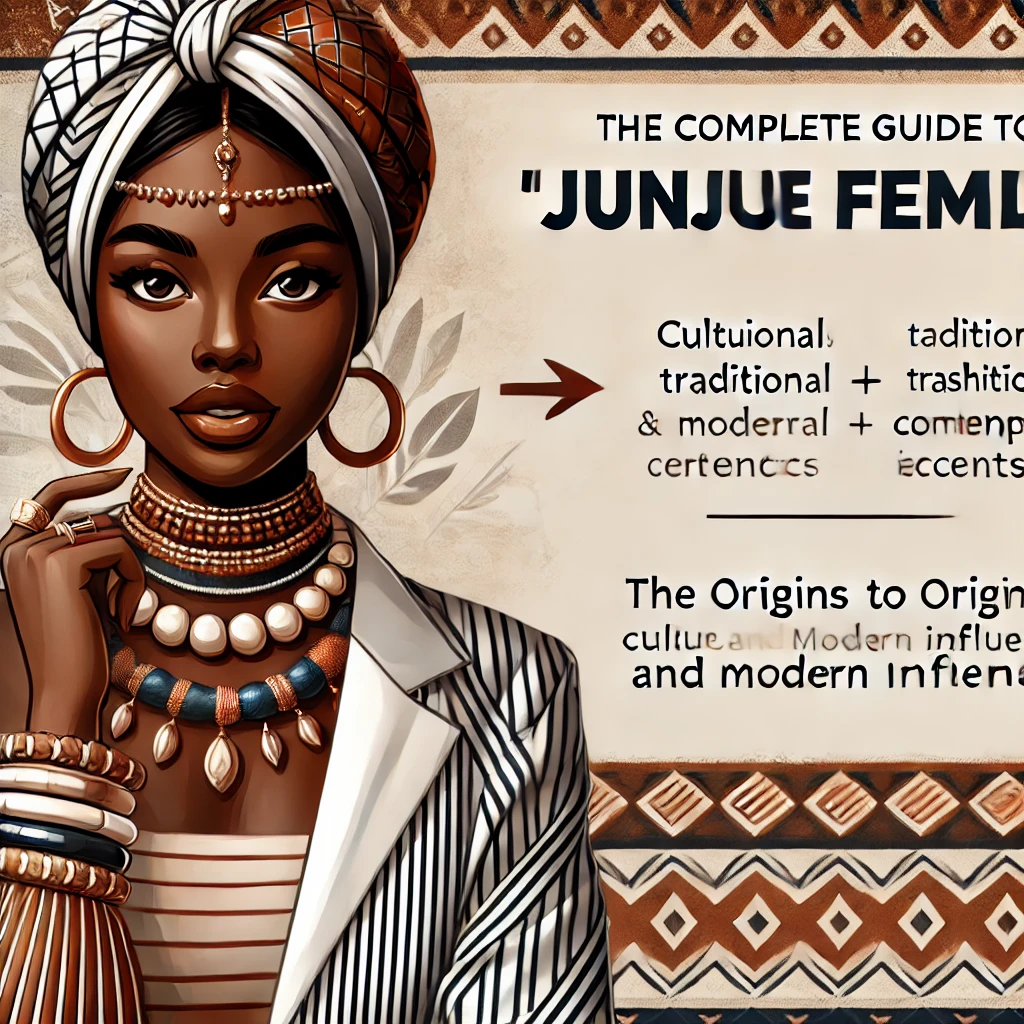In today’s world, the term human gathering cult sparks curiosity and concern. As individuals seek connection, personal growth, and community, some turn to these gatherings. While they can offer a supportive environment, they can also be misunderstood. This article delves into what human gathering cults are, their key characteristics, psychological impacts, and more, providing a well-rounded perspective on this fascinating phenomenon.
Historical Context
To understand human gathering cults, it’s essential to look back at their origins. These gatherings have roots in various cultural and spiritual practices throughout history. They often emerged from communal traditions, where people would come together to share experiences, stories, and wisdom.
In the 20th century, movements focused on personal development and spiritual exploration gained popularity. These movements laid the groundwork for what we now recognize as human gathering cults. They shifted the focus from strict doctrines to community and shared experiences, allowing individuals to connect on a deeper level.
Defining Human Gathering Cults
A human gathering cult is a social group characterized by its emphasis on community, personal growth, and shared experiences. Unlike traditional cults that often revolve around rigid ideologies or charismatic leaders, human gathering cults prioritize inclusivity and mutual support.
Key Characteristics of Human Gathering Cults
- Community Focus: These groups aim to create a sense of belonging among members, fostering close-knit relationships.
- Shared Interests and Goals: Participants unite around common activities, such as wellness practices, artistic pursuits, or professional networking.
- Inclusive Environment: Human gathering cults tend to be more open than traditional cults. They welcome diverse perspectives and encourage open dialogue.
- Flexible Leadership: Leadership within these groups is often decentralized and democratic, allowing for input from all members.
- Focus on Well-Being: Activities in human gathering cults are designed to promote personal growth, wellness, and support among participants.
Psychological Aspects
The psychological effects of participating in a human gathering cult can be profound. Many individuals report feelings of belonging and support, which can significantly impact mental health and overall well-being.
Benefits
- Connection: Being part of a community helps reduce feelings of isolation. Participants often find friendships that enrich their lives.
- Personal Growth: Engaging in workshops or group activities can lead to new skills, insights, and perspectives.
- Emotional Support: These groups often function like extended families, offering emotional and practical assistance during challenging times.
Potential Risks
While there are many benefits, there can also be risks associated with human gathering cults. These include:
- Groupthink: In some cases, the desire for belonging can lead to conformity and a lack of critical thinking.
- Manipulation: Although many groups operate with good intentions, some may exploit vulnerable individuals for personal gain.
- Emotional Dependence: Relying too heavily on a group for emotional support can hinder individual growth and autonomy.
Comparison with Traditional Cults
It’s crucial to differentiate human gathering cults from traditional cults. While both involve group dynamics, their structures and intentions vary significantly.
Traditional Cults
- Often revolve around strict doctrines or charismatic leaders.
- May employ manipulative tactics to control members.
- Typically have exclusive membership criteria, fostering isolation from the outside world.
Human Gathering Cults
- Center on shared experiences and mutual support.
- Encourage individual autonomy and critical thinking.
- Aim to create an inclusive environment, welcoming diverse backgrounds.
Personal Testimonials
Hearing from individuals who have participated in human gathering cults can provide valuable insights. Many participants share stories of transformation and empowerment.
One individual noted, “Joining a human gathering cult helped me find my voice. I was surrounded by people who encouraged me to share my story without judgment. It was liberating.”
Another participant emphasized the sense of community: “I moved to a new city and felt incredibly lonely. Joining this group made all the difference. I’ve made lifelong friends who support me through thick and thin.”
These testimonials highlight the positive impact that human gathering cults can have on individuals seeking connection and growth.
Community Engagement
Human gathering cults often engage with broader communities and social issues. Many groups participate in local initiatives, volunteer opportunities, and social activism.
Benefits of Community Engagement
- Fostering Unity: By working together on community projects, members strengthen their bonds and contribute positively to society.
- Raising Awareness: These groups can amplify important social issues, bringing attention to causes that matter to their members.
- Creating Change: Engaging with the community allows human gathering cults to make a tangible impact, fostering a sense of purpose among participants.
Identifying Human Gathering Cults: Red Flags
While many human gathering cults operate with good intentions, it’s essential to be aware of potential red flags.
- Exclusive Membership: Be cautious of groups that exhibit overly exclusive behavior or pressure individuals to sever ties with outsiders.
- Overemphasis on Loyalty: Watch for signs of excessive loyalty demands. Healthy communities encourage engagement without compromising individual autonomy.
- Financial Exploitation: Groups that prioritize financial contributions over genuine well-being or personal development can be concerning.
- Isolation Tactics: Be wary of groups promoting isolation from family and friends. True community-building should not come at the expense of personal relationships.
- Control Over Personal Decisions: A healthy community respects individual autonomy and encourages personal growth without overstepping boundaries.
Conclusion: The Future of Human Gathering Cults
In conclusion, human gathering cults represent a fascinating aspect of contemporary social dynamics. They provide individuals with valuable opportunities for connection and personal growth, while also presenting potential pitfalls.
Understanding the characteristics and impacts of human gathering cults helps recognize their benefits and challenges. As we navigate the complexities of modern life, these communities remind us of the enduring need for belonging and the power of human connection.
By being informed and discerning, individuals can make empowered decisions about their participation in human gathering cults, ensuring that their experiences contribute positively to their lives and the lives of those around them.



